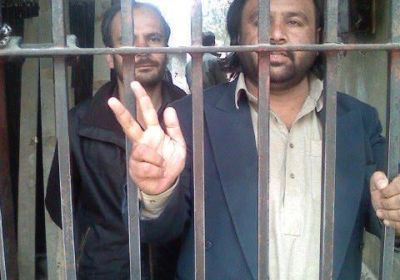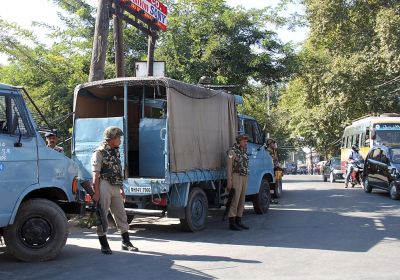
Farooq Tariq, spokeperson for the Awami Workers’ Party, in Pakistan spoke to Green Left Weekly on August 6 about the situation in Kashmir.

Farooq Tariq, spokeperson for the Awami Workers’ Party, in Pakistan spoke to Green Left Weekly on August 6 about the situation in Kashmir.
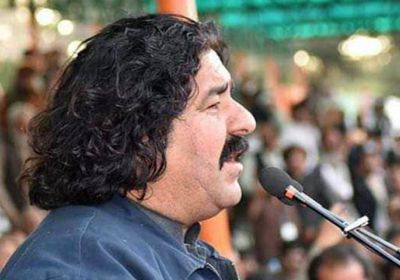
Ali Wazeer and Mohsin Dawar, members of the Pakistan National Assembly, were arrested in May on trumped up terrorism charges. An international solidarity campaign is calling for their release.
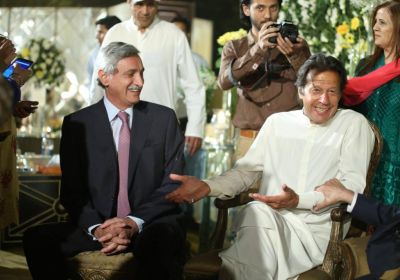
Large swathes of Pakistan are in the stranglehold of a caricatured feudalism, writes Farooq Tariq.
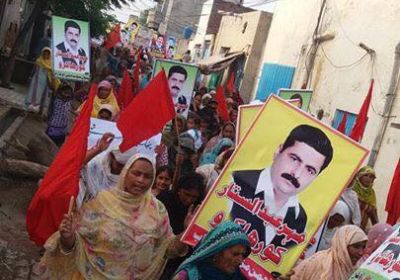
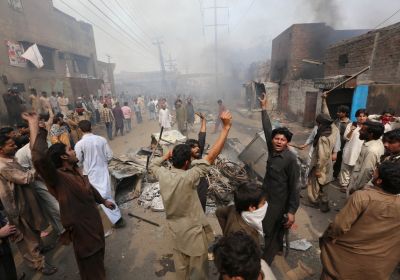
Religious terrorism has become one of the major challenges for most Asian countries, particularly in South and West Asia. It has resulted in seemingly non-stop bombings, suicide attacks and other means of terrorism.

